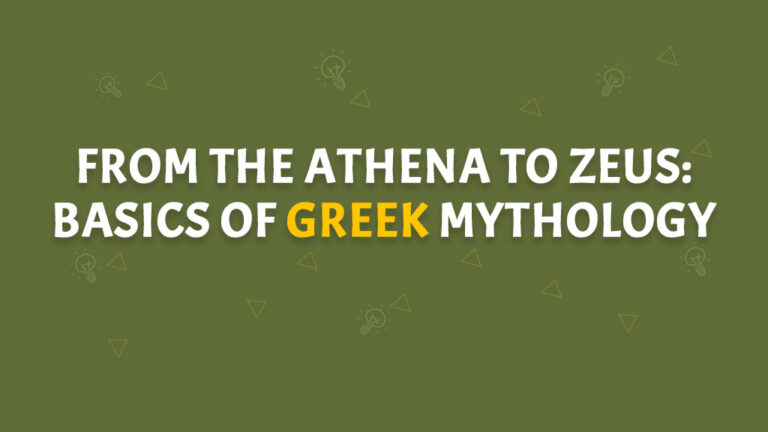❤️It's Trivia, but Sweeter❤️
How Well Do You Remember ” All in the Family”?

All in the Family was a groundbreaking television sitcom that reshaped the landscape of American television when it first aired in 1971. Created by Norman Lear, the show tackled complex social issues such as race, gender, politics, and class, all while maintaining its humor and sharp wit. Its impact on the television industry was immense, with its honest portrayal of middle-class life and its willingness to tackle controversial topics. The show’s success helped pave the way for other sitcoms that took on difficult social issues with a mix of humor and seriousness, redefining what was possible on prime-time television.
The show centered around Archie Bunker, a working-class man with strong opinions on politics, race, and social issues, which often put him at odds with his family. Played by Carroll O’Connor, Archie was a character who reflected many of the prejudices and outdated views prevalent at the time. Despite his bigoted attitudes, Archie was a beloved character, and O’Connor’s portrayal of him earned critical acclaim. The complexity of Archie as a character was one of the main reasons All in the Family resonated so strongly with audiences.
One of the key elements that made All in the Family so revolutionary was its portrayal of a family dynamic that was far from perfect. The show introduced viewers to a more authentic and relatable view of family life, where disagreements, conflict, and uncomfortable truths were part of the daily routine. The relationship between Archie and his wife, Edith, played by Jean Stapleton, was central to the show’s emotional depth. Edith was the antithesis of Archie in many ways—kind, tolerant, and gentle—but she often found herself caught in the middle of the heated debates between Archie and their daughter, Gloria.
Gloria, portrayed by Sally Struthers, was the progressive, feminist counterpart to her father, Archie. She was outspoken about her beliefs and often clashed with Archie over his conservative and outdated views. Her relationship with her husband, Mike (nicknamed “Meathead”), played by Rob Reiner, was also a source of tension. Mike was a college-educated liberal who often found himself at odds with Archie’s more traditional values. These generational and ideological conflicts served as the backdrop for much of the show’s humor, but they also allowed for important social commentary on the changing attitudes of American society.
The show’s ability to address taboo subjects in a way that was both funny and thought-provoking made it incredibly influential. Issues such as the feminist movement, racial equality, homosexuality, and the Vietnam War were explored in ways that had never been seen on television before. For example, in one famous episode, Archie’s views on race were challenged when he encountered a black neighbor. Rather than simply depicting Archie as a one-dimensional bigot, the show used humor to expose the complexity of his attitudes and, in some cases, made the audience question their own beliefs.
The controversial nature of the show often led to debates about its suitability for television. Some critics argued that All in the Family was too vulgar, too offensive, or too politically incorrect for prime-time viewing. However, Norman Lear and the cast defended the show, insisting that it was precisely these uncomfortable topics that needed to be addressed. All in the Family was not afraid to push boundaries, and in doing so, it opened the door for other television shows to explore serious social issues in a more direct way.
Another aspect of the show that set it apart from other sitcoms at the time was its unapologetic use of humor. While All in the Family tackled serious subjects, it did so through satire and comedy. The humor was often dark and biting, but it never lost its relevance. The jokes were an important part of the show’s ability to connect with audiences, who found themselves laughing even as they confronted difficult topics. This unique combination of humor and social commentary made All in the Family a cultural touchstone of its era.
The show’s cultural impact extended beyond its success on television. All in the Family spawned several spin-offs, including Maude, The Jeffersons, and Archie Bunker’s Place. These shows continued the trend of addressing social issues head-on, further cementing Norman Lear’s reputation as a pioneer of socially conscious television. The Jeffersons, for example, focused on George and Weezy Jefferson, a black couple who had risen to the middle class, and explored issues of race and class in a way that had never been done before. The success of these spin-offs showed that All in the Family had tapped into something deeper in the American psyche—a desire for television that reflected the real-world struggles and complexities of its viewers.
Even today, All in the Family is remembered as one of the most important shows in the history of television. It has been praised for its boldness, its authenticity, and its ability to make audiences think while making them laugh. It broke new ground in terms of what could be discussed on prime-time television and set the stage for other shows that followed in its wake. The show’s legacy lives on in the many television shows that continue to explore social issues with the same level of honesty and humor that All in the Family pioneered.
The portrayal of family dynamics on All in the Family was both unique and deeply relatable. The show’s ability to present a dysfunctional yet loving family struck a chord with viewers who saw their own struggles reflected in the Bunker family. The characters, though exaggerated at times, were grounded in reality. Their flaws, their mistakes, and their ability to grow over time made them more human and accessible. The Bunker family was not just a sitcom family—it was a reflection of real-life families, with all their complexities and contradictions.
In addition to its thematic depth, All in the Family also had an undeniable cultural influence. Its ability to speak to the political and social issues of its time made it a significant cultural artifact. The show provided a lens through which viewers could examine their own beliefs and attitudes, and it gave voice to the frustrations and aspirations of an entire generation. Whether you agreed with Archie’s views or sympathized with Gloria’s progressive ideals, All in the Family encouraged its audience to think critically about the world around them.
Ultimately, All in the Family was more than just a television show. It was a conversation starter, a mirror to society, and a cultural touchstone that continues to resonate with viewers even decades after its original broadcast. The show may have ended in 1979, but its legacy lives on in the television shows, films, and cultural discussions that followed. Its fearless exploration of societal issues, combined with its unforgettable characters and sharp wit, has cemented All in the Family as one of the most influential sitcoms in television history.



